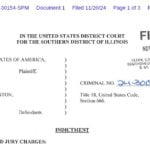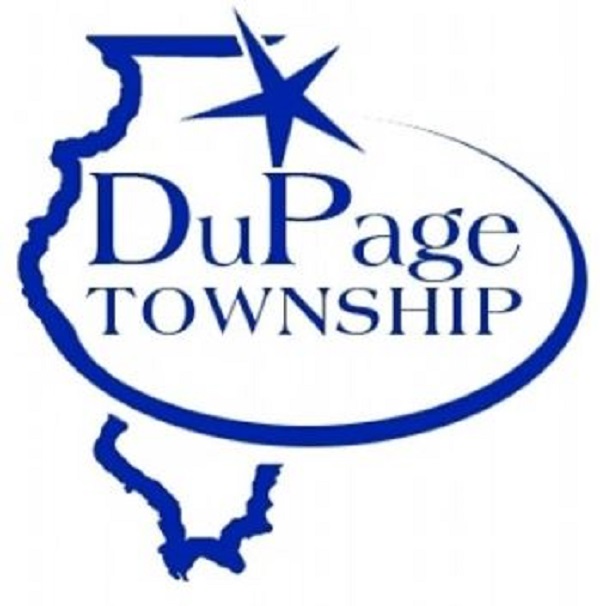Will Co. (ECWd) –
A recent ruling in a McHenry County Township case may become problematic for DuPage Township and their administrator, Linda Youngs. We first wrote about the administrator making a change to the levy that was approved by the Board in this article. With DuPage Township’s history of being sued for excessive tax levies four years running, we understand another may be coming for the most recent levy. While the past levy suits have focused on excess funds being levied, a new suit may point to a levy not filed by the designated authority, a requirement in the law as well as one not approved by the board.
The Appellate Court’s Second District ruled against the McHenry Township Road District in their effort to force the Clerk to certify the Road District levy with the County Clerk. The court stated:
“the township board of trustees * * * shall levy and certify to the county clerk the amount necessary to be raised by taxation for road purposes”. (See 605 ILCS 5/6-501(c))
Their emphasis was on who was authorized to certify the levy. Interestingly the Township Code assigns the certification authority to the Township Clerk for the Township levy. Note that it does not provide any provision for a township employee to certify such a levy.
60 ILCS 1/75-20
Sec. 75-20. Certification of taxes. The township clerk shall annually, at the time required by Section 18-15 of the Property Tax Code, certify to the county clerk the amount of taxes required to be raised for all township purposes. (Source: P.A. 88-62; 88-670, eff. 12-2-94.)
While we understand the Supervisor has attempted to claim the amended levy filed by Township Administrator Linda Youngs was to correct a claimed scrivener error, the only people allowed to make any amendments, scrivener error or otherwise, is the Township Board as they are the approving authority. Once such amendments are approved it must then be certified to the County Clerk by the Township Clerk, just as the law states.
When an Appellate Court focuses on such authority as they did in the McHenry County case, it’s not a stretch to apply the same logic to DuPage Township, which we understand is being looked at by an attorney for a tax levy lawsuit.
The question that may soon be before the court in yet another tax-related lawsuit against the Township is pretty straight forward.
- Who certified the current levy on file with the County?
- Was the current levy on file with the County identical to the levy approved by the Township Board?
- Who determined which entry was an alleged scrivener error?
The answers to those three questions may well lead to the current levy on file being declared void.
We know the current levy on file was not certified by the Clerk as required.
We know the current levy on file is not what was approved by the Board.
We do not know who determined to change the levy, only that it was Linda Youngs that filed the change with the County Clerk.
Rather than fixing this matter to avoid yet another lawsuit the Township Supervisor Felix George has ignored any attempt to get the matter resolved. Considering yesterday was the last day to certify a levy to the County Clerk it looks like the Township will have a problem if another tax levy suit is brought forward.
We will update with a new article if and/or when those suits are filed.
<span style="font-family: Courier New; font-size: small;"> </span>








1 Comment
PK
Posted at 19:29h, 30 DecemberThe multiple lawsuits that were repeatedly discussed during township meetings as reported by Illinois Leaks, were purportedly for tax levy in excess of what was lawfully allowed. I can not verify these lawsuits were in fact, repeatedly brought against the township, but in the context of this recent error, a closer examination of the lawsuits previously discussed might be in order.